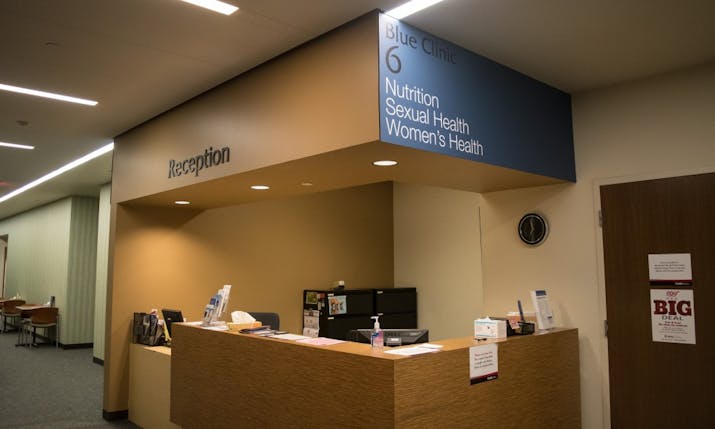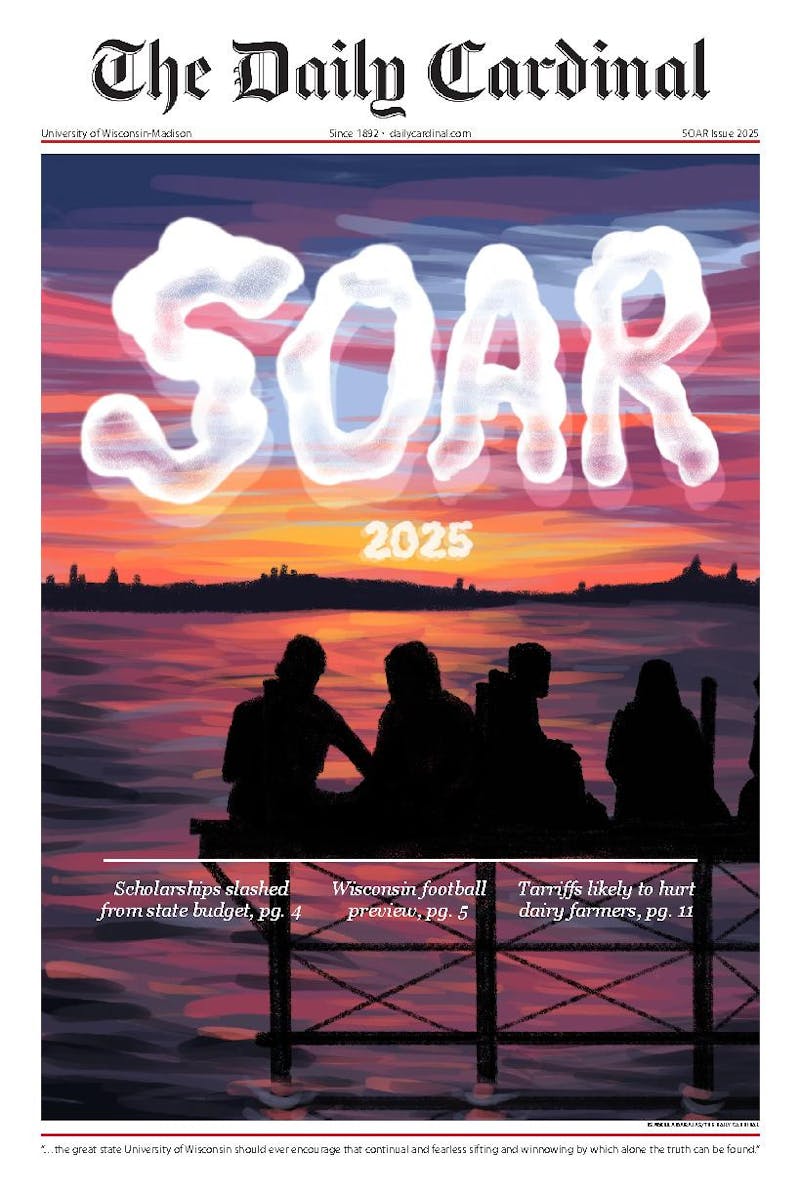Content warning: This story contains information about sexual assault.
A group of freshmen sit on the lawn of Gordon Hall, talking about the news alert that went off about a student who was sexually assaulted a few days ago.
One of them is criticizing the chancellor’s description of Madison as “generally quite a safe city”; the other is saying it is mostly right. After all, she had heard that girl was out at 3 a.m. off campus, and so the whole thing was kind of her fault. They engage in a back-and-forth, but by and by, the conversation is forgotten in less than a minute.
The University of Wisconsin-Madison operates under a much wider context of rape culture and victim blaming in a country and world where droves of exposés regarding sexual abuse within religious, cultural and political institutions beget very little actual change in its rampancy.
The university’s own statistics remain the same as they were, even since the rise of the #MeToo movement. Roughly 27% of female students reported being sexually assaulted during their time at UW-Madison in a 2015 campus survey, and as of 2022, that rate has decreased by less than 1%.
One would assume with such violence being embedded in the very fabric of this institution that authoritative responses to the recent incident would be clear-cut, and communal ones steeped in sympathy.
To some extent, the latter is true. Rape Crisis Center’s goFundMe for the survivor’s medical expenses and healing has reached $61,000.
But when the forefront response to a student being beaten into a coma is to state that her situation is some sort of anomaly to campus living, it becomes crucial for us as students to look back and understand these statistics of abuse to be a result of Madison-specific institutional enabling.
In 2018, a man named Alec Cook was discovered to have a notebook detailing dozens of violent sexual assaults against female students. In 2019, a 19-year-old student was punched, groped and dragged through Langdon Street at night. And last year, a student woke up to being sexually assaulted by a man who had broken into the James apartment complex right off campus.
According to a 2019 sexual assault climate survey, 31% of women and 21% of men on the UW-Madison campus were harassed to the point of it interfering with their daily life.
Students are told to use BadgerSafe while walking at night or directed to the Rape Crisis Center should the inevitable occur. But each time a new incident takes place, those in charge continue insisting Madison is a generally safe city and perpetuating the myth of sexual violence as a rarity rather than a rule.

UHS hopes Chlamydia self-screening will help catch positive infections early so female students can be treated as soon as possible.
Truthfully speaking, the community moves on after each assault takes place. Us women, we shake our heads, walk in groups late at night and lock our doors when we can. We warn our friends not to wear that shirt, not to go there at that time, not to hang out with certain guys. Everyone is afraid to end up like that girl.
This whole exhausted performance is easier than acknowledging the truth. Sexual abuse on this campus has taken place in every aspect of life, despite the pageantry of violence prevention modules or police alert apps or continuous talk of “resources” and “support.”
University leadership cannot be bothered to concentrate its funding on, say, expanding the SafeWalk program operations to any time of night or increasing efficiency of therapists, funds and procedure for the 87% of sexual assault victims who never reported their crime.
Sexual abuse upheaves a person’s core sense of self. Beyond the greatness of the monetary and physical expenses one pays to recover from such depraved actions, survivors are forced to reckon with their own bodies and lifeblood as a source of constant danger: things as simple as clothes, conversation and acts of affection are a barrage of fresh pain.
Yet, despite the sheer magnitude of the impact sexual assault has on a person’s life and the extent to which its effects can be found in the general populace, we take it for granted that this is something that has always existed and must continue to. We shrug our shoulders, offer half-hearted platitudes of sympathy to victims and go home to measure all the ways in which what happened to them would never happen to us.
While they cannot be reasonably expected to immediately eliminate a threat of violence which percolates to every corner of the world, this university owes its members security, regardless of whether or not they live on campus or commute into the city. It is our right as students or parents, as faculty or alumni, to be confident that we and our loved ones are safe.
If not to uphold its position as a premier college campus for students in the United States, UW-Madison owes dramatic action to all the survivors who have been made within its walls. Our leaders are morally responsible for the heavy stains of history — even when they are neither its beginning nor end.
Sreejita Patra is a freshman who is currently undeclared. Do you agree that UW-Madison needs to take sexual harassment and safety more seriously? Send all comments to opinion@dailycardinal.com
Sreejita Patra is a senior staff writer and the former summer ad sales manager for The Daily Cardinal. She has written for breaking news, campus news and arts. She also covered the Oregon Village Board for the Oregon Observer.






